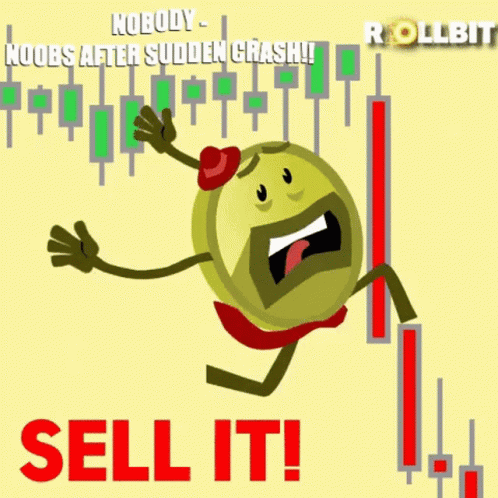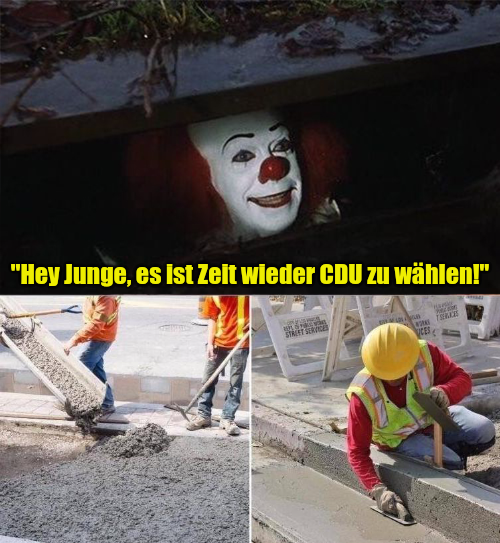
The cryptocurrency landscape is always evolving, with dramatic shifts that often take both seasoned investors and newcomers by surprise.
Recently, the market has been especially tumultuous, with significant price fluctuations and regulatory challenges casting a shadow over the future of digital currencies.
One of the most talked-about events in the crypto community has been the unexpected lawsuit against Uniswap by the SEC. This has raised numerous questions about the viability and future of decentralized exchanges (DEXs) and the broader DeFi ecosystem.
The regulatory scrutiny is part of a larger trend where government bodies are looking to assert control over the burgeoning crypto space, which many in the community see as a direct challenge to the decentralized ethos that crypto was built upon.
Cryptocurrencies like Bitcoin and Ethereum have seen their prices swing wildly as investors react to news and speculation about regulatory actions. For example, Bitcoin has recently surged past the $60,000 mark only to experience sharp declines, highlighting the volatile nature of the market.
This volatility is not just confined to the big names; altcoins have also been on a roller coaster, with some dropping as much as 50% from their peaks.
Amid these highs and lows, the community has been buzzing about the potential of certain altcoins and technologies.
Projects like VeChain, which dipped and soared in value within short periods, continue to attract attention due to their unique use cases in areas like supply chain management. These niche applications of blockchain technology demonstrate its potential beyond just a medium of exchange or a store of value.
The recent price movements and regulatory challenges have been a wake-up call for many in the crypto community. It’s become clear that for cryptocurrencies to achieve mainstream acceptance, there must be a balance between innovation and compliance.
The current situation with Uniswap and the SEC is a pivotal moment that could define the future interactions between decentralized entities and regulatory bodies.
Investors and enthusiasts are closely watching the developments and are keen on understanding how these will affect their holdings and the broader market.
The sentiment in the community is a mix of caution and optimism, as many believe that these challenges will lead to more robust and resilient crypto ecosystems.
The ongoing situation has also sparked a broader discussion about the role of governments in cryptocurrency.
Many fear that excessive regulation could stifle innovation and centralize power in ways that go against the fundamental principles of decentralization. However, others argue that some level of oversight is necessary to protect investors and ensure the stability of the financial system.
As we navigate through these uncertain times, the key for crypto enthusiasts and investors is to stay informed and adaptable. The path forward for cryptocurrencies is not linear; it is shaped by technological advancements, market dynamics, and regulatory landscapes.
By understanding these factors, the community can better prepare for the fluctuations and continue to advocate for a digital economy that reflects the decentralized, inclusive values that many hold dear.
The journey of cryptocurrency is far from over, and the recent events are just another chapter in the ongoing saga.
Whether you're a seasoned trader or a curious observer, the unfolding developments are sure to keep everyone on their toes, offering valuable lessons and opportunities in the ever-evolving world of digital finance.
Join on InLeo Discord Channel here

Posted Using InLeo Alpha


